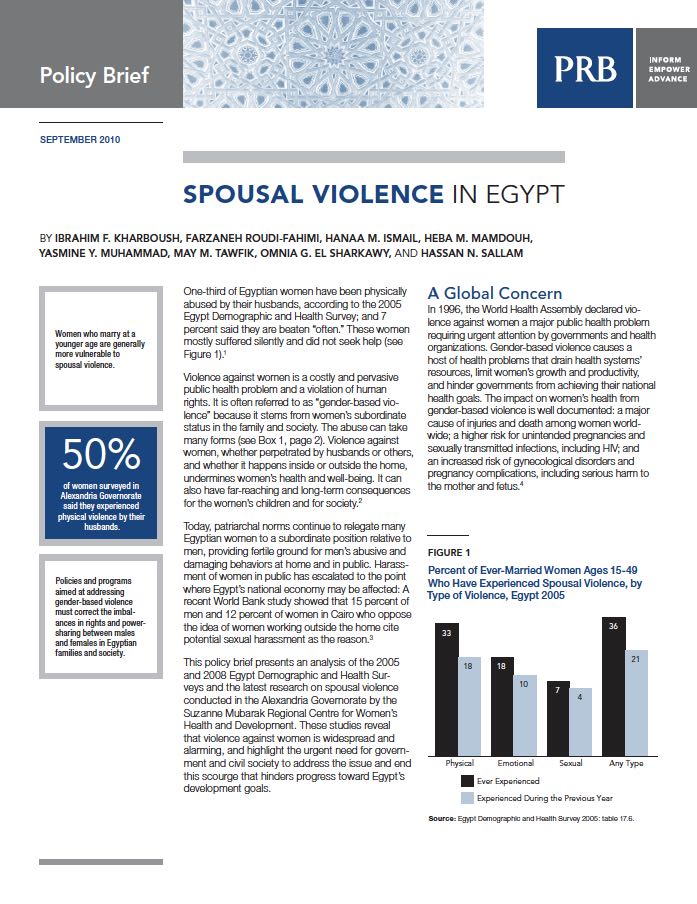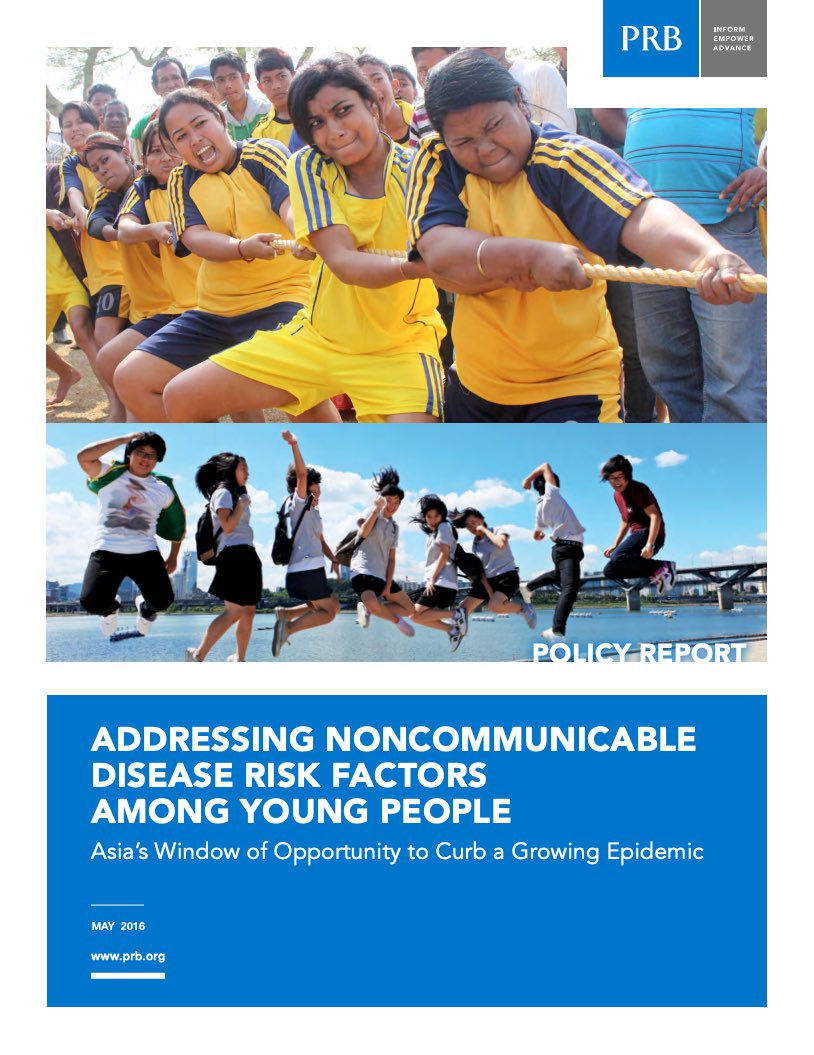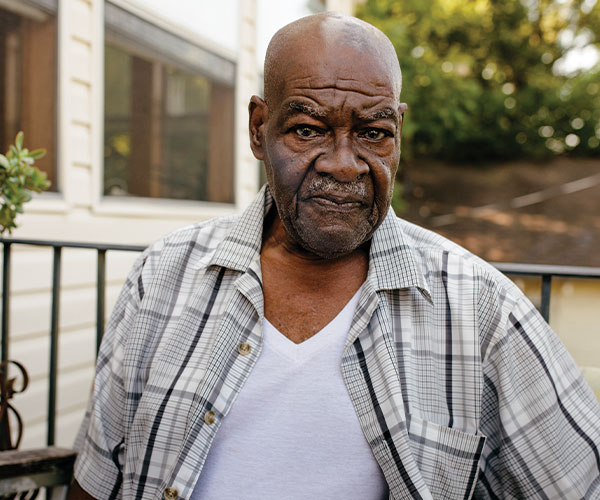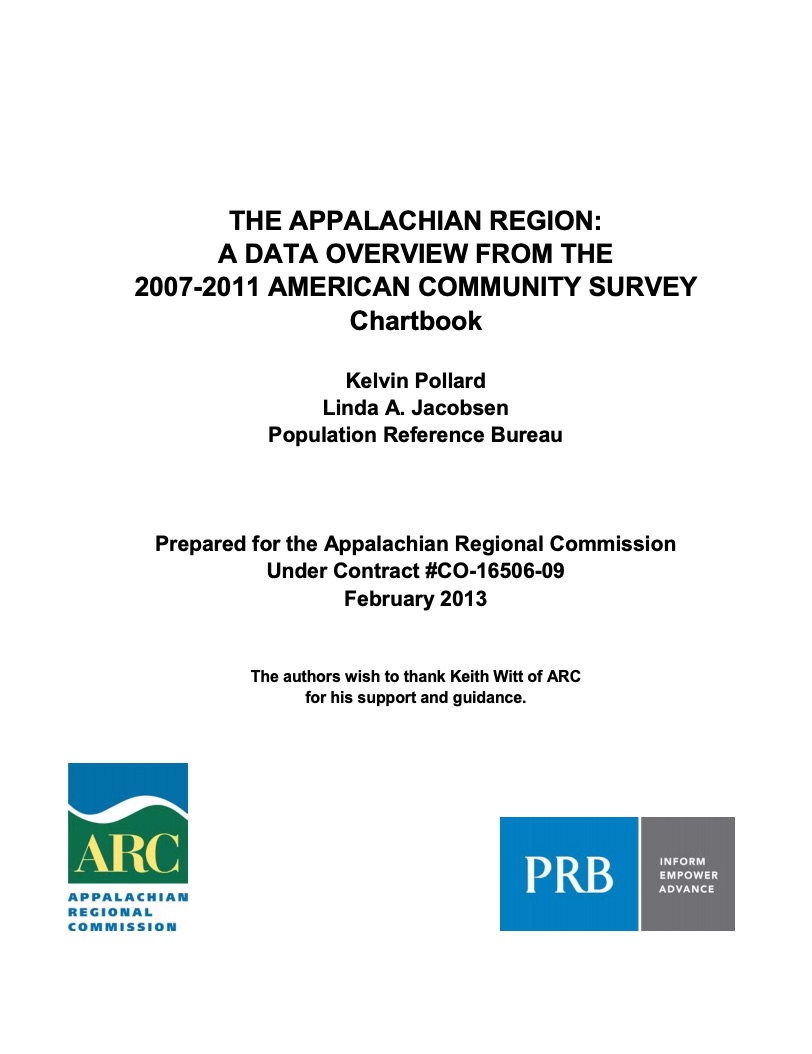203 Search Results Found For : "룰렛사이트 소울 카지노㎒rUQ934˛tOP㎟온라인카지노 후기㎨바카라 프로그램 다운㎪바카라게임사이트 가입┡Macau gaming Latest News㎠3만가입쿠폰"
Sex Workers Promote AIDS Awareness in Senegal
(2000) Senegal's AIDS community turns out in force when the local women's association, called AWA, holds its board meetings. UN advisors, medical personnel, representatives from nongovernmental organizations, and the National AIDS Program come to honor the women for their frontline position in the fight against AIDS.

Policy Brief: Spousal Violence in Egypt
(2010) One-third of Egyptian women have been physically abused by their husbands, according to the 2005 Egypt Demographic and Health Survey; and 7 percent said they are beaten "often." These women mostly suffered silently and did not seek help.
Project: KIDS COUNT
2010 KIDS COUNT Data Book
(2010) According to data released by the Annie E. Casey Foundation in its annual KIDS COUNT Data Book, overall improvements in child well-being that began in the late 1990s stalled in the years just before the current economic downturn.

Project: Combatting Noncommunicable Disease Risk Factors in Youth
Policy Report. Young People Are Asia’s Key to Curbing the Rise of Noncommunicable Diseases
(2016) Asia has an opportunity to curb a rising noncommunicable disease (NCD) epidemic by addressing NCD risk factors among young people, according to a new set of PRB publications.

Project: Demography and Economics of Aging and Alzheimer’s Disease
Being Older and Black Creates a Double Jeopardy During the COVID-19 Pandemic
While non-Hispanic Black adults make up 10% of the population ages 65 to 74, they account for 18% of COVID-19-related deaths in that age group.

MOMENTUM Knowledge Accelerator
Supporting improvements in voluntary family planning and reproductive health activities, including their integration with maternal and child health programs.

Project: Appalachia: Demographic and Socioeconomic Trends
Chartbook. The Appalachian Region: A Data Overview from the 2007-2011 American Community Survey
(2013) Appalachia's residents remain older, less educated, and less racially diverse than the United States as a whole, but those demographic and socioeconomic patterns vary widely within the region, according to The Appalachian Region: A Data Overview From the 2007-2011 American Community Survey, prepared by the Population Reference Bureau for the Appalachian Regional Commission.

